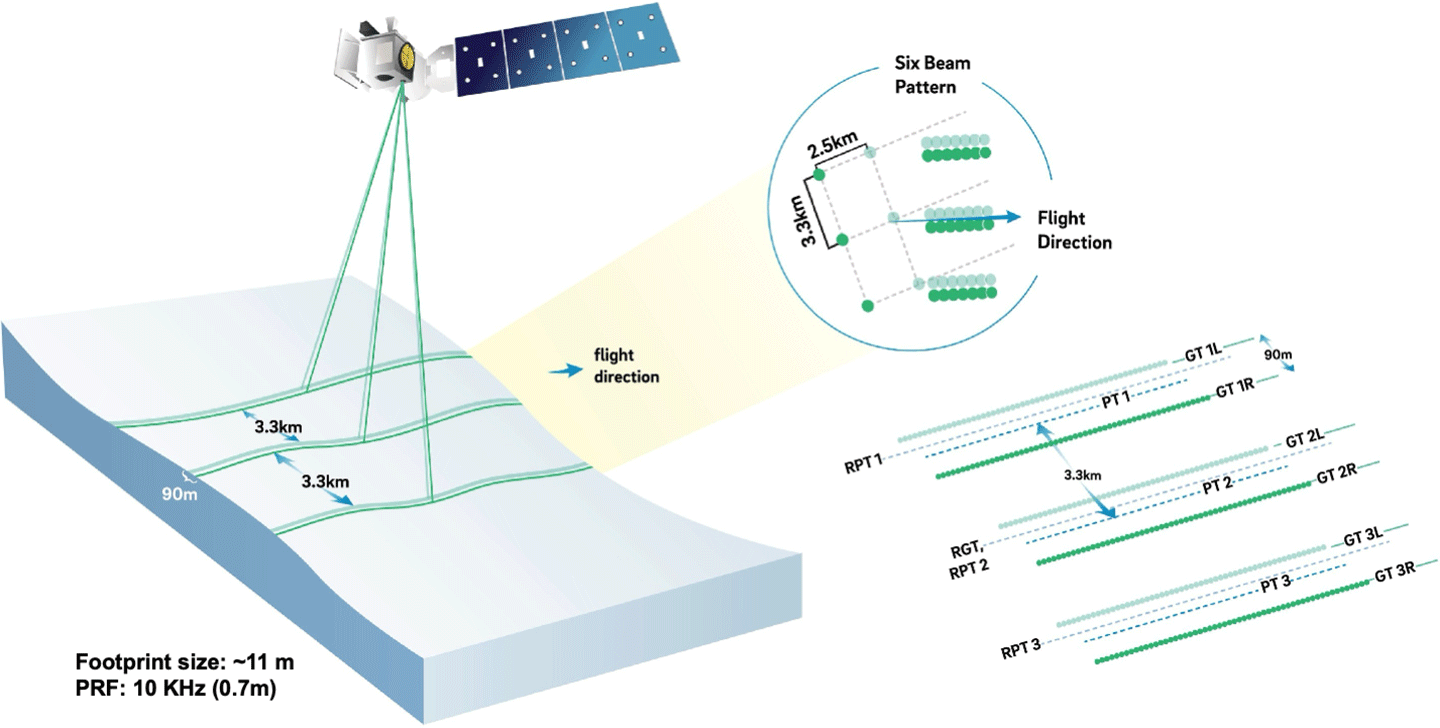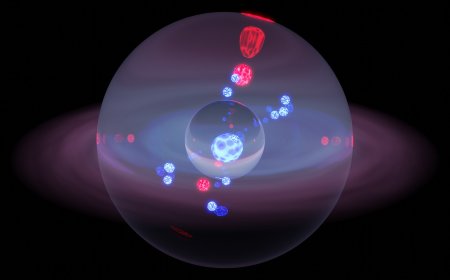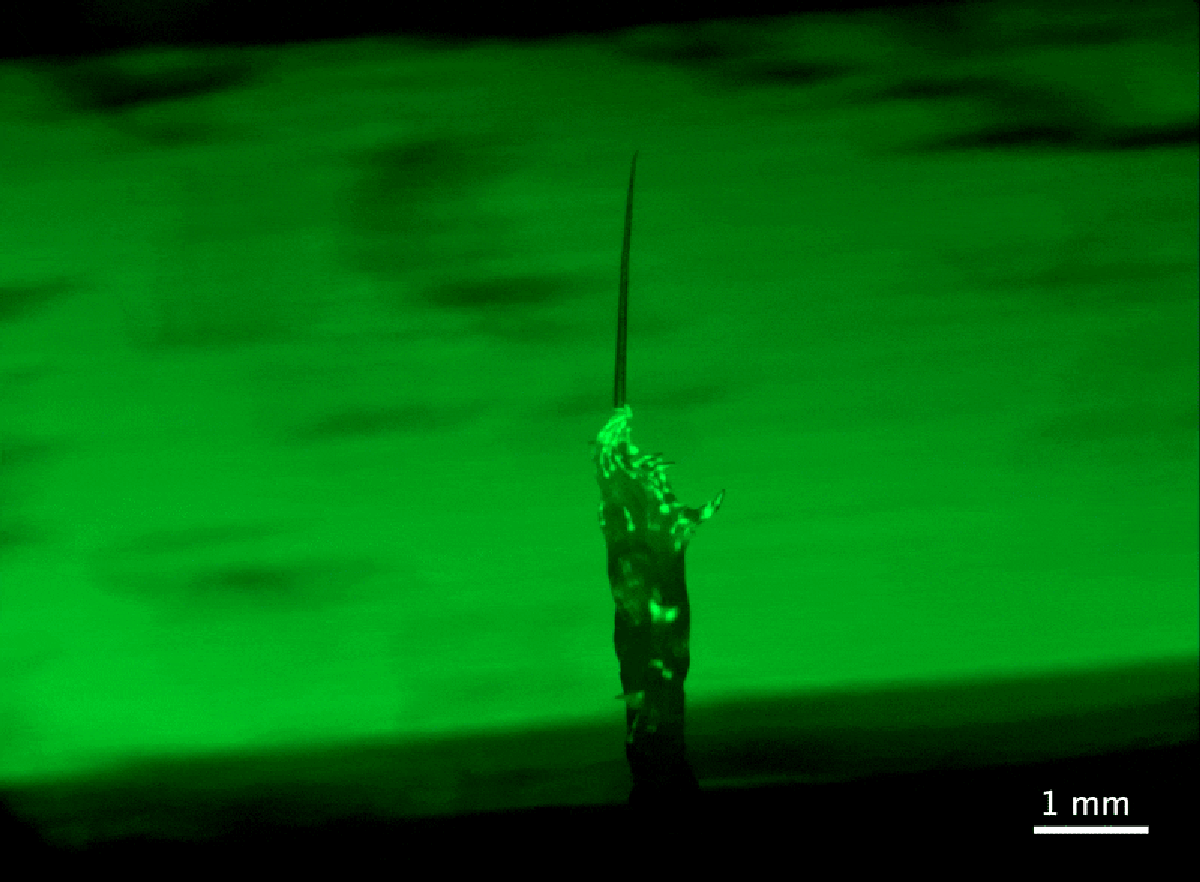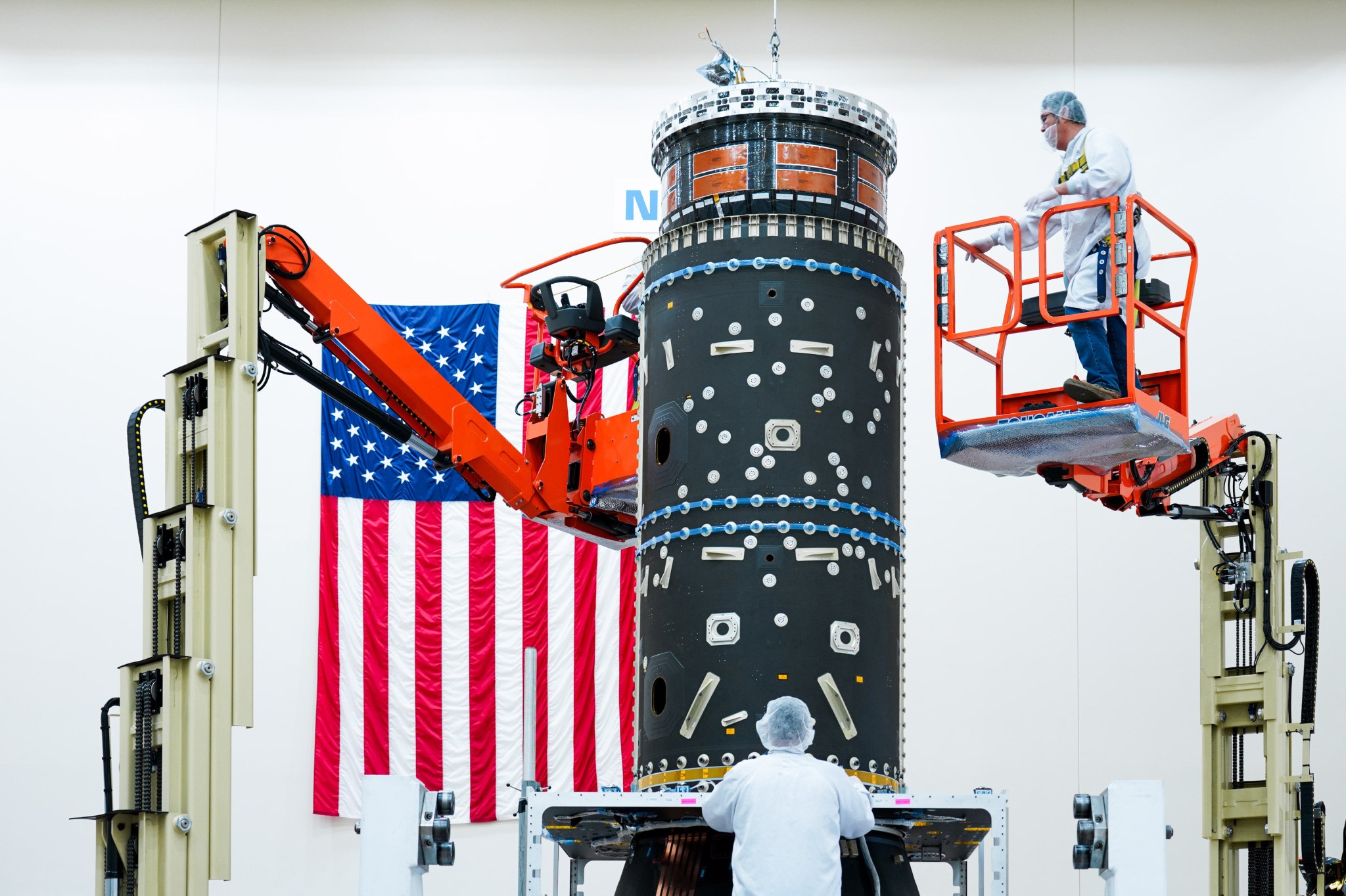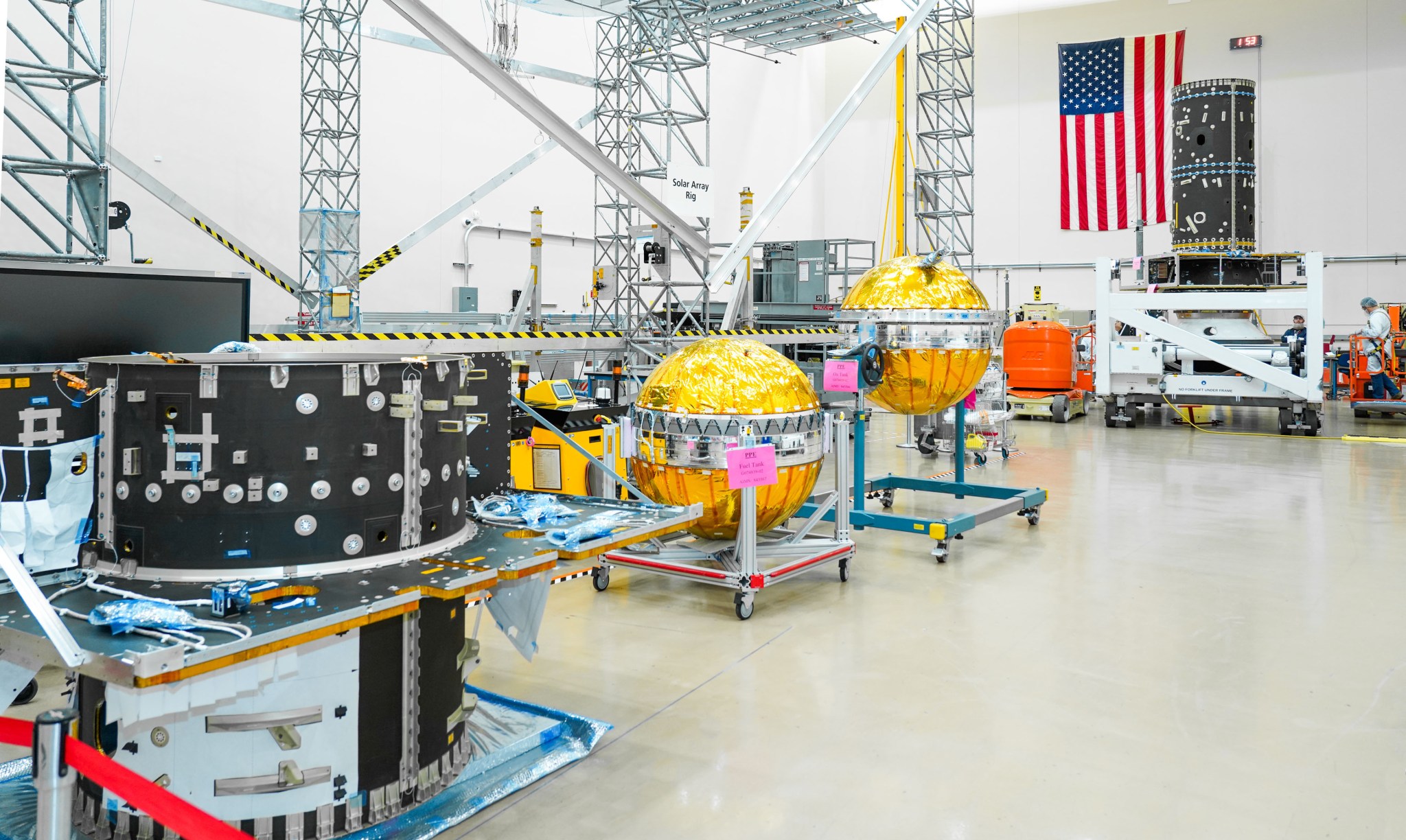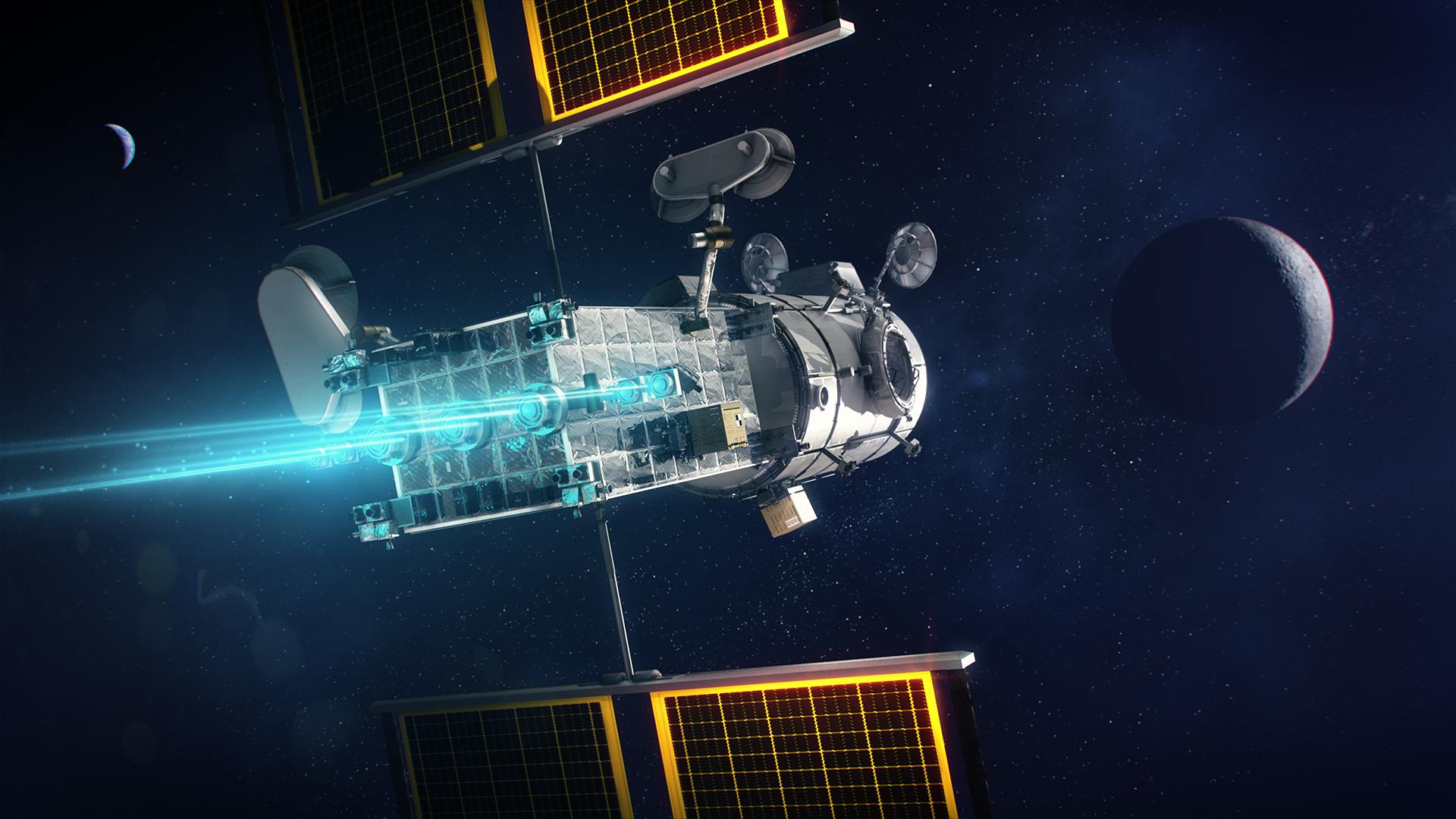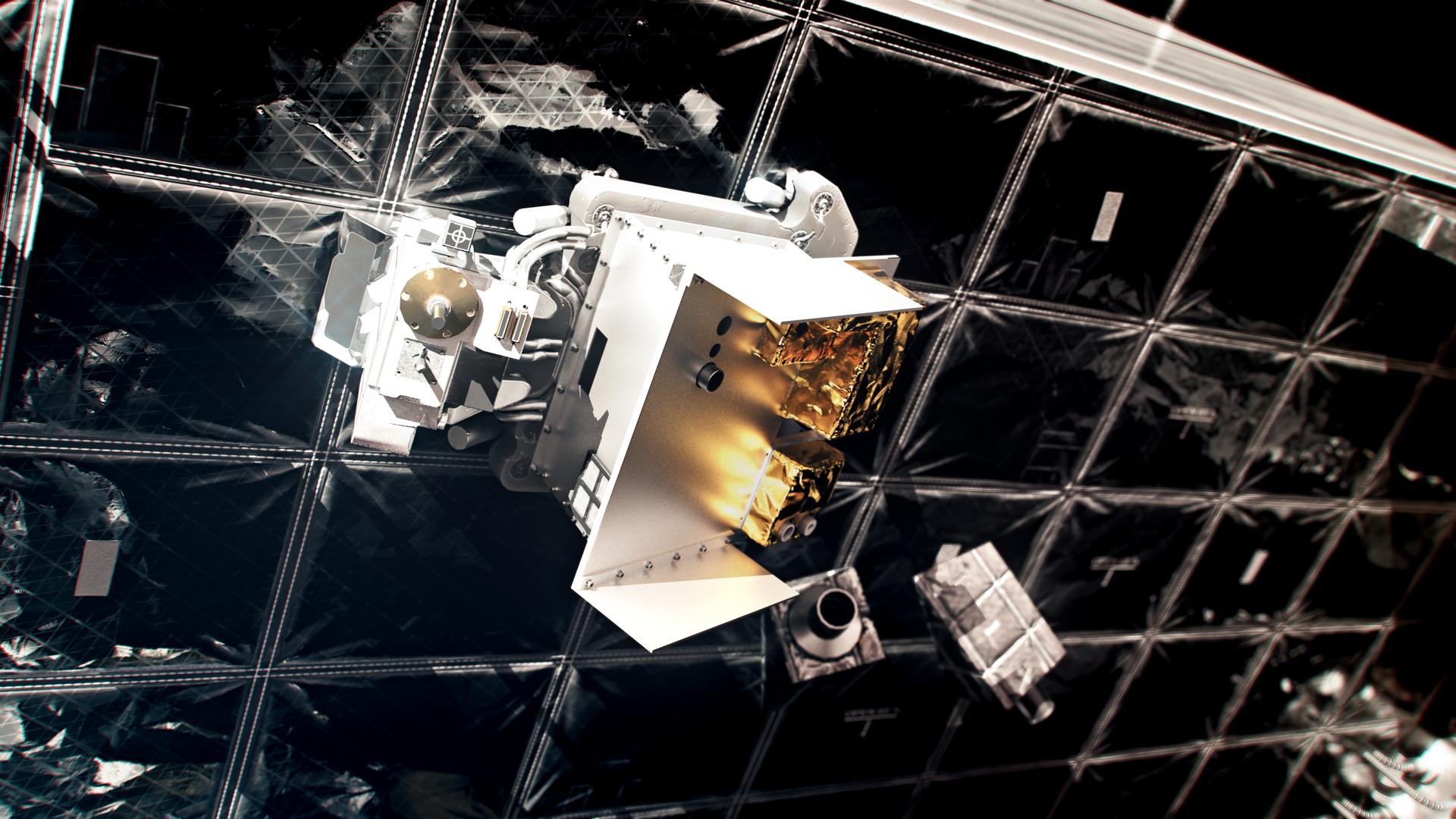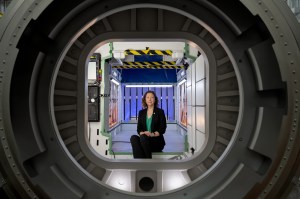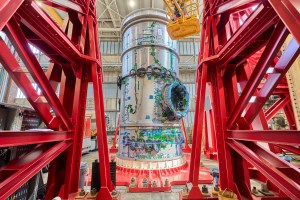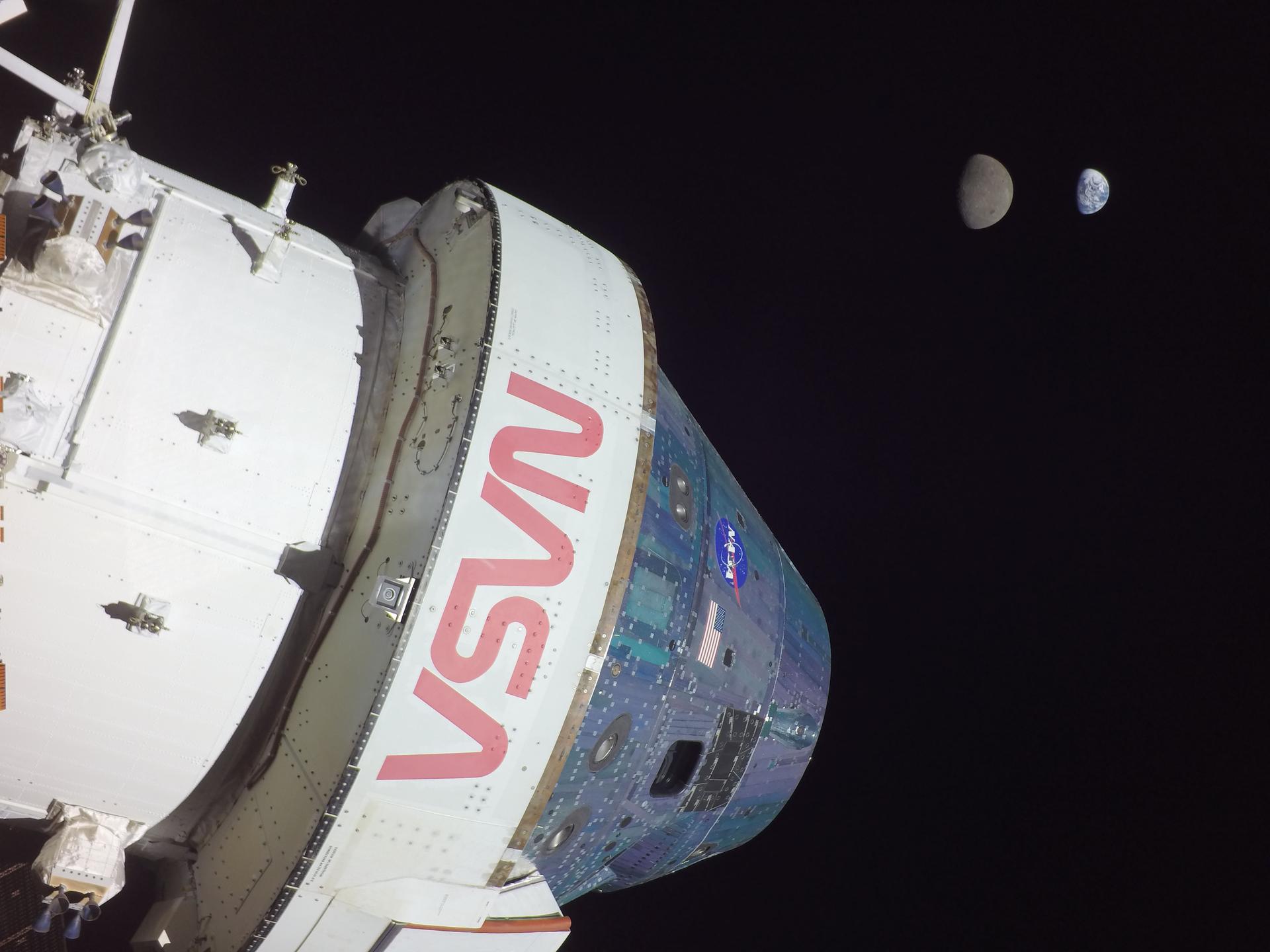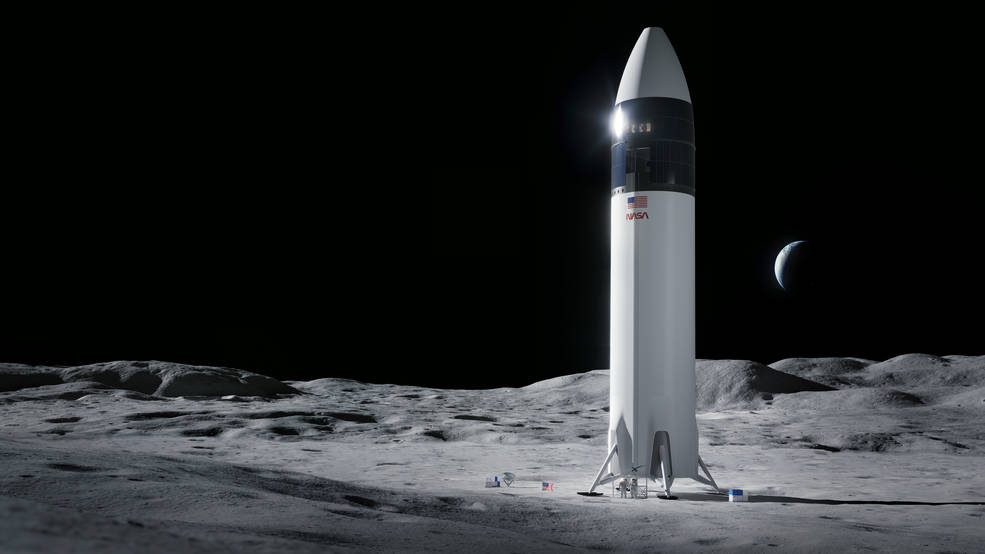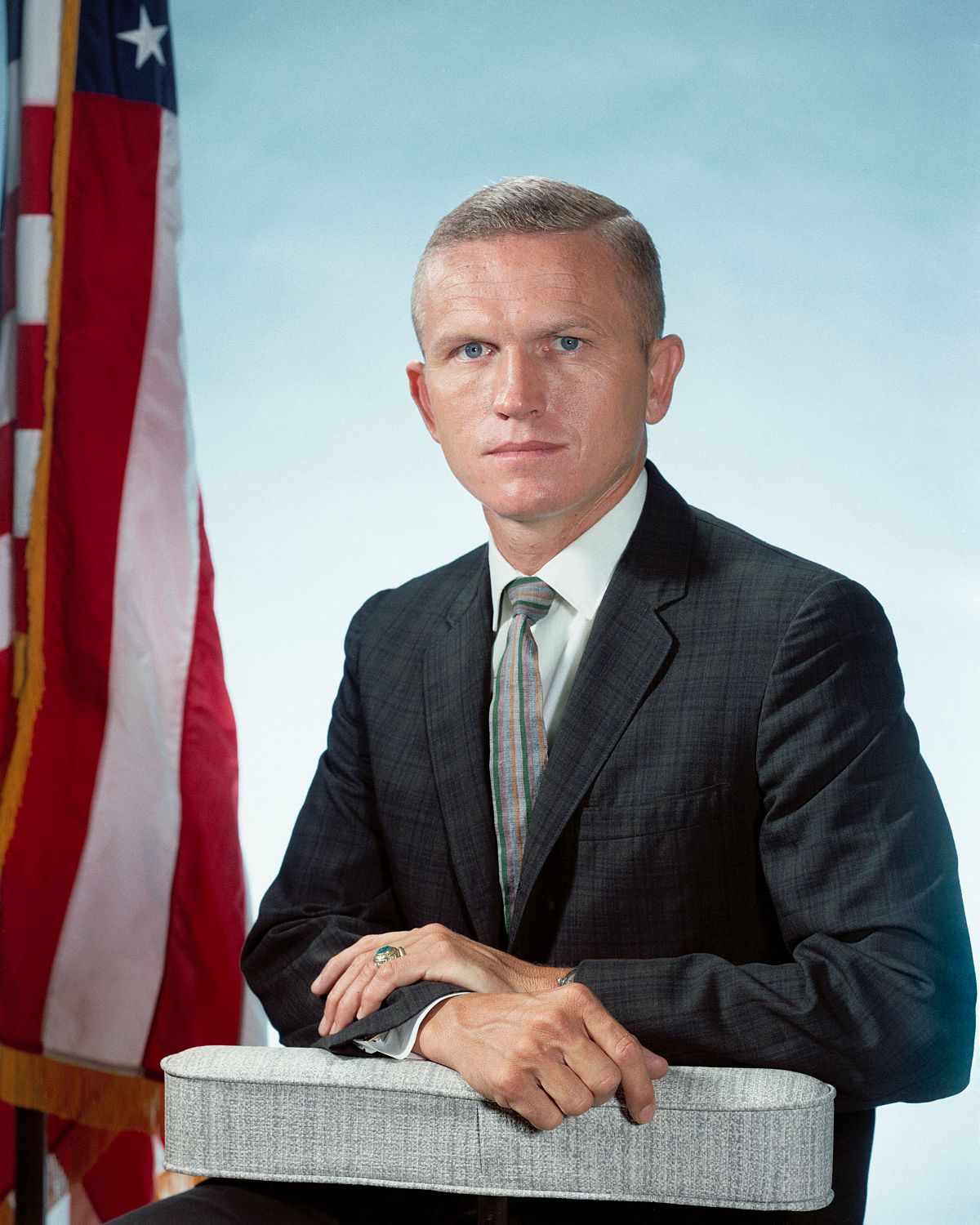Gateway Tops Off
Gateway’s Power and Propulsion Element is now equipped with its xenon and liquid fuel tanks.
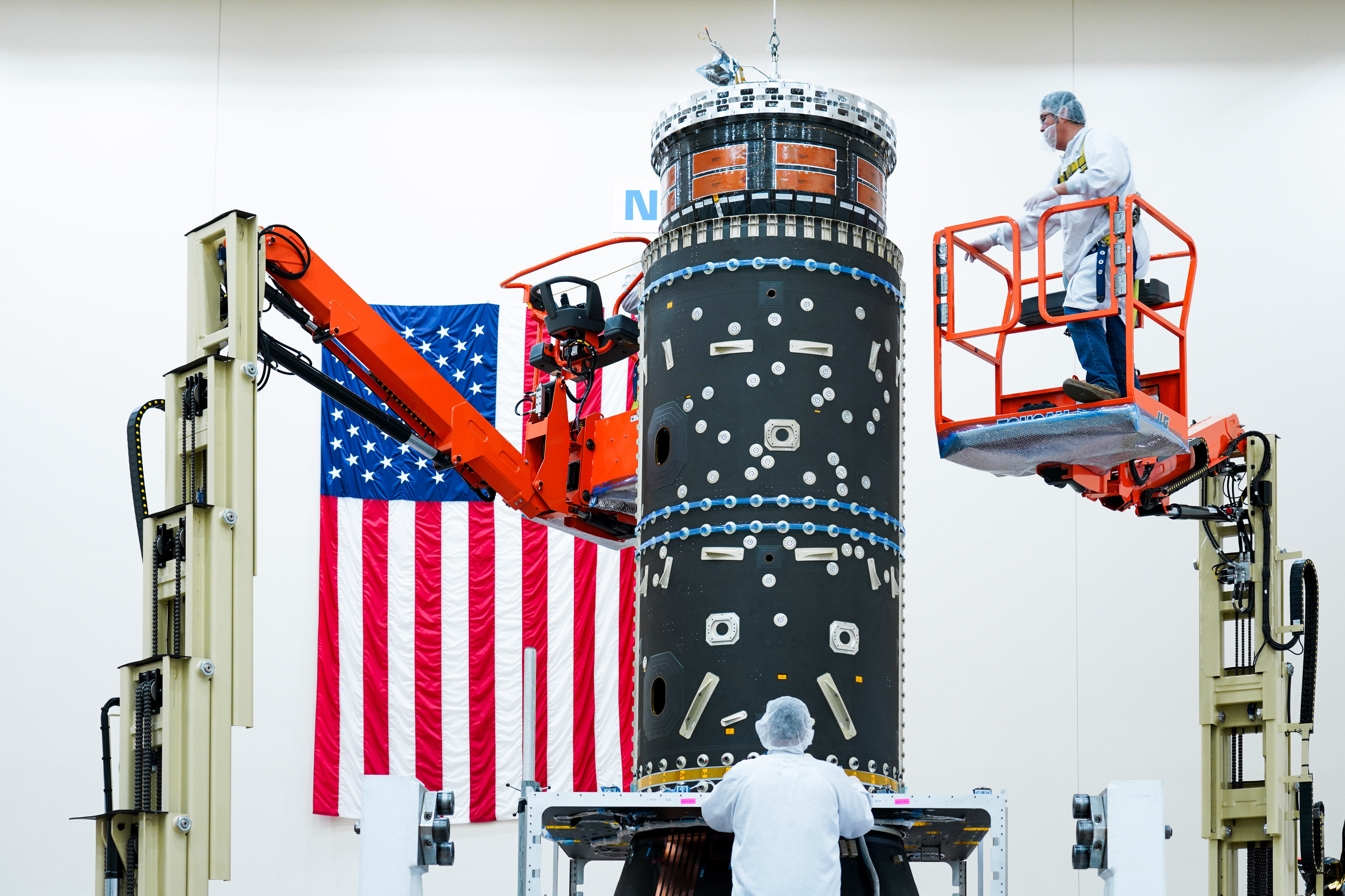
Gateway’s Power and Propulsion Element, which will make the lunar space station the most powerful solar electric spacecraft ever flown, recently received the xenon and liquid fuel tanks for its journey to and around the Moon.
Technicians in Palo Alto, California carefully install a piece of equipment that will house the tanks. Once fully assembled and launched to lunar orbit, the Power and Propulsion Element’s roll-out solar arrays – together about the size of an American football field endzone – will harness the Sun’s energy to energize xenon gas and produce the thrust to get Gateway to the Moon’s orbit where it will await the arrival of its first crew on the Artemis IV mission.
The Power and Propulsion Element will also carry the European Radiation Sensors Array science experiment provided by ESA (European Space Agency) and JAXA (Japan Aerospace Exploration Agency), one of three Gateway science experiments that will study solar and cosmic radiation. The little understood phenomenon is a chief concern for humans and hardware journeying to deep-space destinations like Mars and beyond.
The Power and Propulsion Element is managed out of NASA’s Glenn Research Center in Cleveland, Ohio and built by Maxar Space Systems of Palo Alto, California.
Share
Related Terms
What's Your Reaction?










